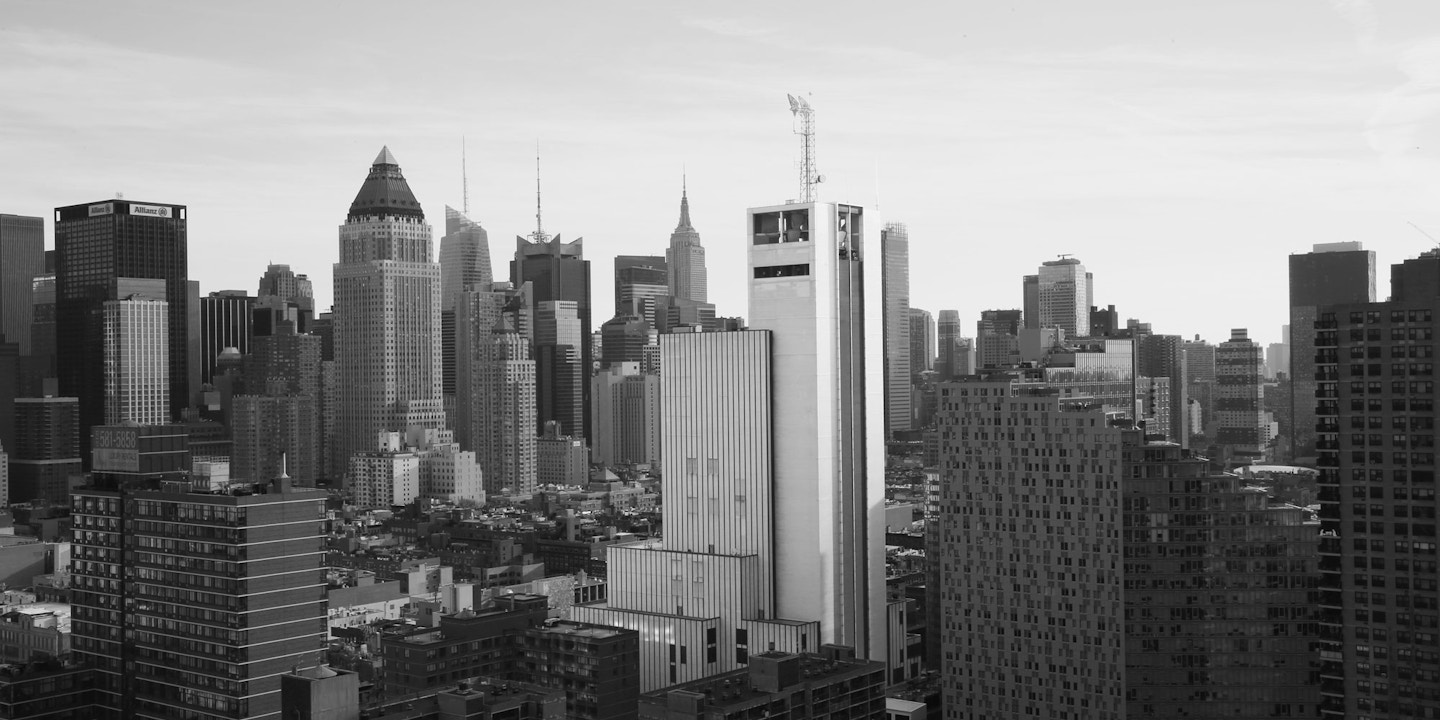Fukushima: A Nuclear War without a War: The Unspoken Crisis of Worldwide Nuclear Radiation
ONLINE READER


CROATIAN ENGLISH GREEK NEDERLANDS POLSKI PORTUGUESE ROMANIAN SPANISH РУССКИЙ
The true origins of the two World Wars have been deleted from all our history books and replaced with mythology. Neither War was started (or desired) by Germany, but both at the instigation of a group of European Zionist Jews with the stated intent of the total destruction of Germany. The documentation is overwhelming and the evidence undeniable. (1) (2) (3) (4) (5) (6) (7) (8) (9) (10) (11)
That history is being repeated today in a mass grooming of the Western world’s people (especially Americans) in preparation for World War III – which I believe is now imminent.





As far as we know, such a visit is going to take place. This is all we can say for now.
Discurso do Presidente da Rússia, Vladimir Putin, Tradução em português
Presidente da Rússia, Vladimir Putin: Cidadãos da Rússia, Amigos,
Considero ser necessário falar hoje, de novo, sobre os trágicos acontecimentos em Donbass e sobre os aspectos mais importantes de garantir a segurança da Rússia.
Começarei com o que disse no meu discurso de 21 de Fevereiro de 2022. Falei sobre as nossas maiores responsabilidades e preocupações e sobre as ameaças fundamentais que os irresponsáveis políticos ocidentais criaram à Rússia de forma continuada, com rudeza e sem cerimónias, de ano para ano. Refiro-me à expansão da NATO para Leste, que está a aproximar cada vez mais as suas infraestruturas militares da fronteira russa.
É um facto que, durante os últimos 30 anos, temos tentado pacientemente chegar a um acordo com os principais países NATO, relativamente aos princípios de uma segurança igual e indivisível, na Europa. Em resposta às nossas propostas, enfrentámos invariavelmente, ou engano cínico e mentiras, ou tentativas de pressão e de chantagem, enquanto a aliança do Atlântico Norte continuou a expandir-se, apesar dos nossos protestos e preocupações. A sua máquina militar está em movimento e, como disse, aproxima-se da nossa fronteira.
Porque é que isto está a acontecer? De onde veio esta forma insolente de falar que atinge o máximo do seu excepcionalismo, infalibilidade e permissividade? Qual é a explicação para esta atitude de desprezo e desdém pelos nossos interesses e exigências absolutamente legítimas?
/https://www.niagarafallsreview.ca/content/dam/thestar/news/canada/2021/09/25/huawei-executive-meng-wanzhou-receives-warm-welcome-upon-return-to-china/_1_meng_wanzhou_2.jpg)
Subtitled in PT, RO, SP
Click upon CC and choose your language.

PT -- VLADIMIR PUTIN na Sessão plenária do Fórum Económico Oriental
Excertos da transcrição da sessão plenária do Fórum Económico Oriental
The Putin Interviews
by Oliver Stone (FULL VIDEOS) EN/RU/SP/FR/IT/CH
http://tributetoapresident.blogspot.com/2018/07/the-putin-interviews-by-oliver-stone.html
NA PRMEIRA PESSOA
Um auto retrato surpreendentemente sincero do Presidente da Rússia, Vladimir Putin
CONTEÚDO
Prefácio
Personagens Principais em 'Na Primeira Pessoa'
Parte Três: O Estudante Universitário
Parte Quatro: O Jovem especialista
Parte Cinco: O Espia
Parte Seis: O Democrata
Parte Sete: O Burocrata
Parte Oito: O Homem de Família
Parte Nove: O Político
Apêndice: A Rússia na Viragem do Milénio
Subtitled in EN/PT
Click upon the small wheel at the right side of the video and choose your language.